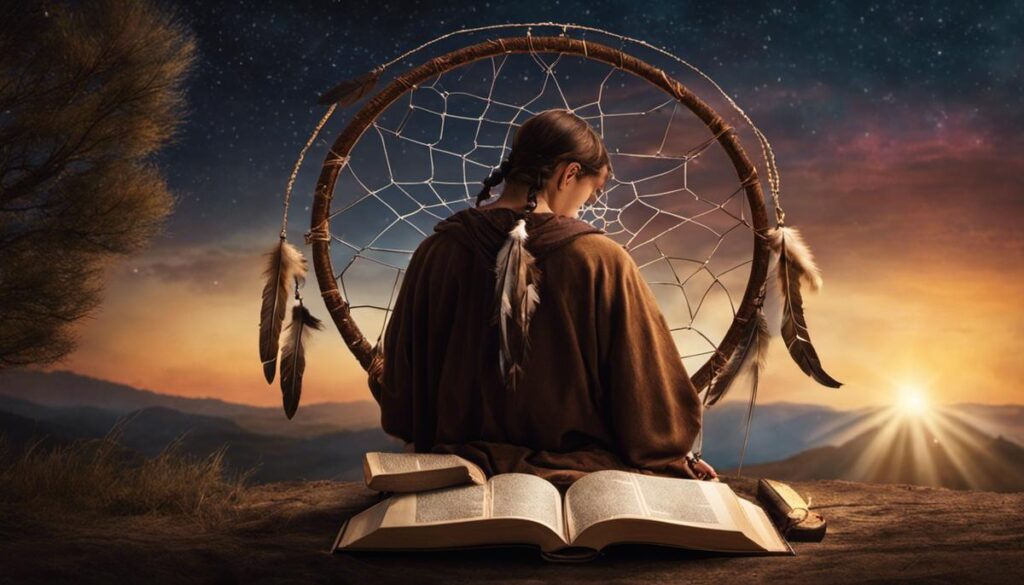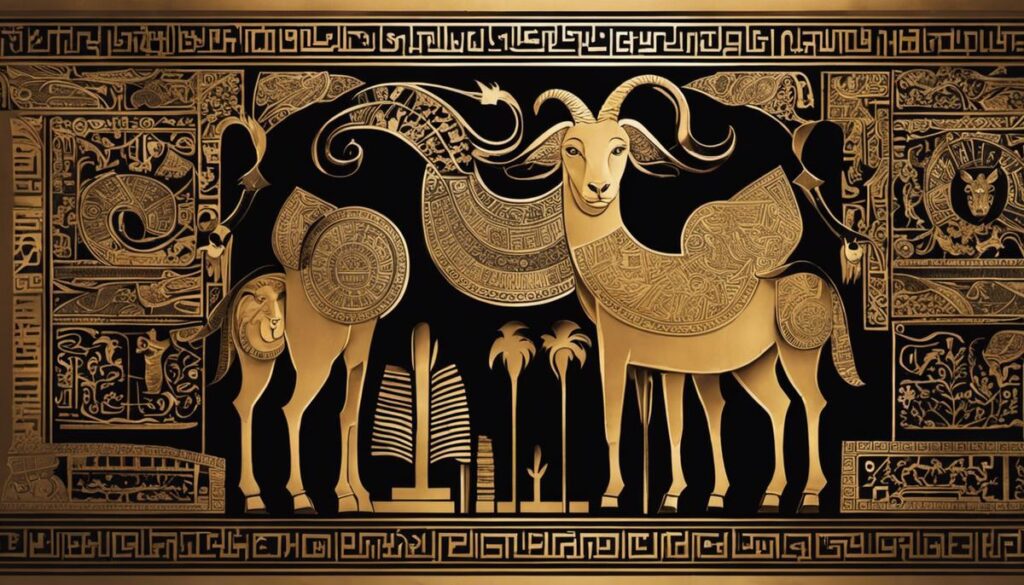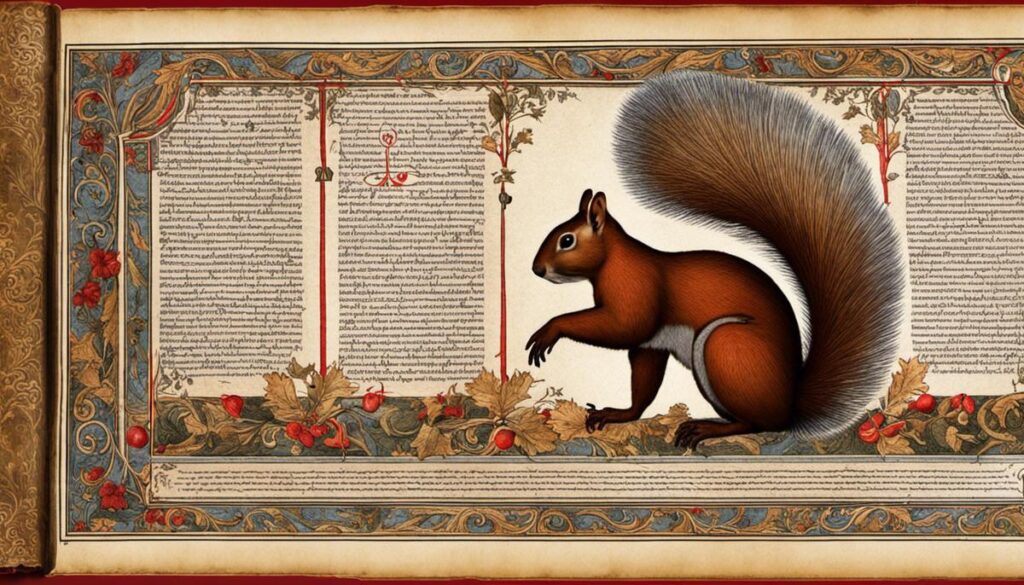Interpreting the symbolism in dreams is a complex field of study, manifesting insightful connections between our conscious and subconscious minds. One of the commonly recurring themes is the presence of birds. Generally, birds in dreams are seen as symbols of freedom, intellect, and human spirit. However, when these avian symbols appear lifeless, the context shifts, prompting a deeper exploration of its significance. This can be deciphered from an amalgamation of perspectives, namely psychological, cultural, and practical implications. Taking cues from the vast works of Freud and Jung, to the spiritual beliefs of various cultures, and practical effects on daily living, the analysis delves into the holistic decryption of dead bird dreams.
Symbolism of Birds in Dreams
Interpreting Avian Imagery: Symbolism of Birds in Dreams
Understanding the symbolism of birds in dreams is an intricate journey through the labyrinth of the unconscious mind. It invites us to delve into the realm of complex metaphors and signs that serve as conduits, bridging our waking life with the mysteries of our subconscious. From the scholarly viewpoint, this concept connects us with a wide range of scientific, psychological, and anthropological contexts.
Birds, distinct in their ability to soar high and navigate the endless skies, are traditionally construed as bearers of messages or crucial affiliates to the divine powers. This symbolism is ingrained in diverse cultures where birds are seen as mediators between the terrestrial world and the celestial realm.
One notable interpretation of birds in dreams originates from the proposal by psychoanalyst Sigmund Freud, positing that the bird serves as a metaphor for the phallus. This theory starkly contrasts with the perception of Carl Jung, another prominent figure in dream interpretation, who attached spiritual projections and individual freedom to birds.
A common thread across various cultures is the symbolism attached to the perception of birds as bearers of news. The nature of this news often depends largely on the type of bird it is. Owls, typically associated with wisdom, can often denote a hidden truth unfolding. On the other hand, eagles connote strength and vision in dreams, symbolizing one’s power or attainment of a higher perspective.
Furthermore, perceiving birds flying in dreams is generally interpreted as showcasing one’s aspirations or desires to escape monotonous daily life and achieve new heights. This imagery mirrors the freedom and boundlessness perceived in our subconscious mind.
Birds caged in dreams, alternatively, could highlight feelings of confinement or restriction. This resonates with the psychological framework where it may be suggesting a need to release pent-up emotions or thoughts.
In dreams, seeing a flock of birds unveils deep-seated emotions of belonging or a desire to be part of a larger entity. This symbolism underscores the human need for social interaction and connection.
However, not all avian symbolism harbors positive connotations. As in Edgar Allan Poe’s poem “The Raven,” these creatures can sometimes be messengers of gloomy tidings or omens. The sighting of ominous birds, such as ravens or vultures in dreams, could be a representation of death, loss, or impending misfortune.
Without a doubt, the symbolism of birds in dreams is multi-layered and complex, hinting at the depth and richness of our subconscious world. The interpretation ultimately relies on the dreamer’s individual circumstances, perceptions, and feelings. Each bird carrying its own meaning, but all serving as intriguing symbols in the narrative of our dreams. Even as these interpretations vary, a shared understanding emerges: birds in dreams are potent symbols, worthy of our attention and examination.
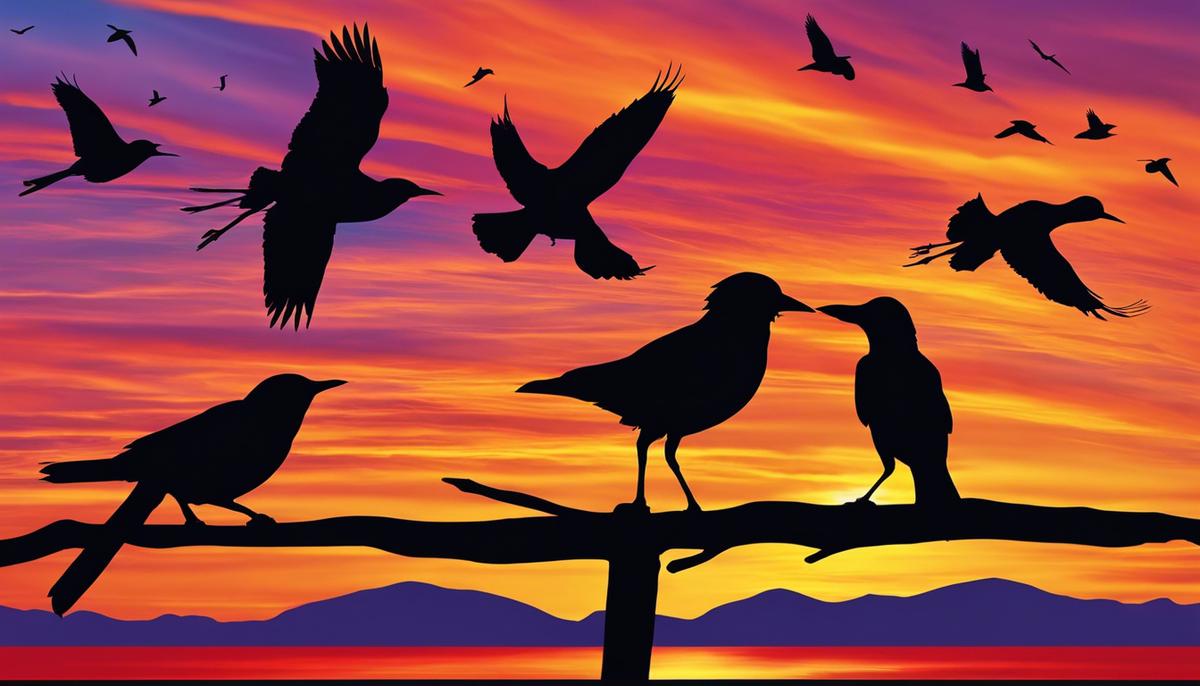
Psychological Interpretation
Delving deeper into the symbolism and interpretation of dead birds in dreams by psychologists, we encounter a different facet of the multifaceted symbolism of birds. Regularly, dreams are subjectively interpreted, that is, attributed to symbolism contingent upon the dreamer’s individual experiences and understanding of reality. Therefore, a dead bird appearing in a dream will mean different things to different individuals.
Typically, the dream theorists propose that dream symbols are manifestations of our innermost fears, hopes, and emotions. Drawing upon this philosophy, a dead bird’s presence in a dream may exemplify a feeling of loss, despair, or disappointment. In essence, it can signify the end of something or the transition between two aspects of a person’s life.
Psychologists, with C.G. Jung’s school of thought on dream analysis at the forefront, deftly analyze a dead bird’s representation in a dream as suggestive of a transformative phase. The dreamer might be undergoing or about to undergo a significant change in their life, signaled by the end symbolized by the dead bird’s presence.
Notably, death in dreams is not confined to conveying a negative connotation. Death is not just an end but, paradoxically, often represents a new beginning. Hence, within the context of dead birds, dream psychologists might explore the possibility of rebirth or readiness to embrace a new phase of life. In this regard, a dead bird can be a symbol of transformation and unexpected change.
A dead bird may also embody the dreamer’s perceived failure to realize their aspirations and longings, correspondingly reflecting feelings of unfulfilled hope. If dreams anchor upon personal emotions and experiences, then a dead bird might represent to the dreamer their perceived incompletion or inability to achieve a desired aspiration.
Considering other factors can also be integral when interpreting the dream symbolism. For instance, the type of bird that dies in the dream carries implications that can enhance the understanding of the dream. A dead dove might symbolize a lost peaceful situation or relationship, whereas a dead eagle could symbolize the feeling of losing power or control.
In general, dreams involving dead birds portray an interesting interplay of perceived despair, change, transformation, and unfulfilled aspirations. They exemplify the richness and complexity of dream symbolism, and serve to underscore the importance of considering subjective experiences and individual emotions when interpreting dream images. While the presence of a dead bird can initially evoke feelings of unease, its symbolism can instead carry profound, transformative connotations.
Engaging the services of a competent dream analyst or psychologist can facilitate a deeper understanding of the individual dreamer’s context. This highlights the importance, and indeed, the fascinating allure of dream interpretation within the broader realm of psychology: it invites us perceivers of dream imagery on a journey of profound introspective discovery.
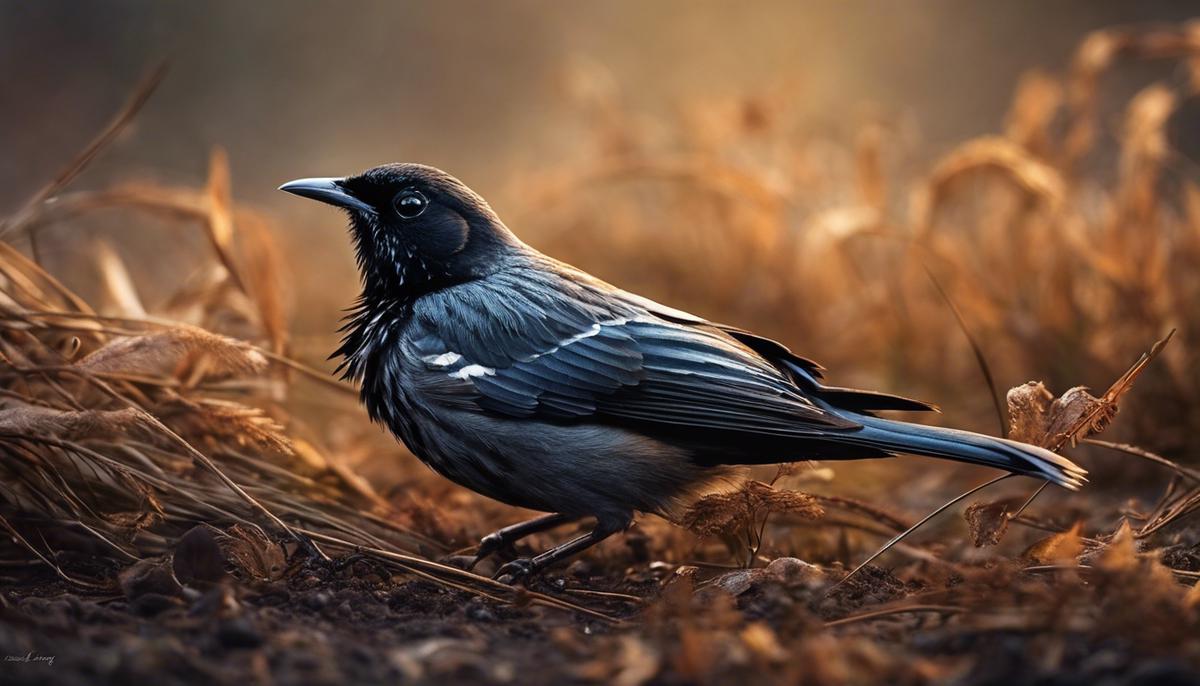
Cultural and Spiritual Meanings
From ancient times to contemporary contexts, cultures around the world have attributed profound symbolism to birds in dreams. Viewing them as messengers from celestial realms, carrying wisdom or cryptic prophecies to dreamers. This article will diverge from the well-trodden path of nebulous bird symbolism, narrowing its focus onto the peculiar yet regularly occurring dreams of dead birds.
Humans are instinctually drawn to the presence of life, thus, the imagery of death in dreams can be initially unsettling, offering a stark contrast to our innate biological tendencies. However, further explorations of culture and spirituality reveal a multitude of nuanced interpretations of dreams with dead birds, representing not only loss and despair, but also transformation, new beginnings, and unfulfilled aspirations.
In Native American cultures, for instance, a dead bird is viewed with gravity as significant spiritual symbolism. Associated with potent transition and transformative life phases, these symbols voice the silent whispers of change and the advent of a new lifecycle. On the other hand, within the complex layers of ancient Egyptian mysticism, dreams of deceased birds often signify unmet goals or disappointment, especially if the bird in question is a falcon, revered as a royal symbol.
Traversing geographic zones to Eastern philosophies, the interpretation of dreams shifts once more. In Taoism and Buddhism, the image of a dead bird in a dream often relates to the dreamer’s spiritual journey, symbolizing momentary spiritual stagnation or the yearning for liberation and transcendence.
Yet, the cultural decipherment becomes considerably more challenging without identifying the specific avian species. A dead eagle, known to symbolize power and freedom, can be emblematic of lost independence or stifled potential. Conversely, a dead dove, universally acknowledged as a peace emblem, can foreshadow personal turmoil or discord in societal ties.
The nuances of dream interpretation are undeniably subjective; what may be seen as a dramatic portent by some could simply be an ambiguous symbol to others. It is essential to observe that alongside cultural contexts, individual emotions and experiences greatly shape dream interpretation. No analysis can occur in a vacuum, devoid of personal history or emotion. An experienced dream analyst or psychologist can assist in navigating the intricate maze of dream symbolism and correlate it with the dreamer’s psychosocial context.
As evident through the lens of cultural diversity and spiritual practices, dreams with dead birds are a rich source of multifaceted interpretation. They bare open the raw, human dimensions of loss, despair, change, transformation, and unfulfilled aspirations. A seemingly grim symbol, a dead bird may serve as an invitation to introspection, a deep dive into one’s psyche, effectively creating a bridge between the dream state and consciousness.
Truly, there lies an impalpable allure in this curious domain of dream interpretation, where symbolism, culture, psychology, and personal subjectivity entwine to create a fascinating narrative. One that continually unravels, shedding light on our collective human consciousness, ensnaring us deep within its intriguing labyrinth. Isn’t the realm of dreams then, a testament to psychology’s enigmatic charm, loudly echoing the unending complexity and diversity of human thoughts and emotions?
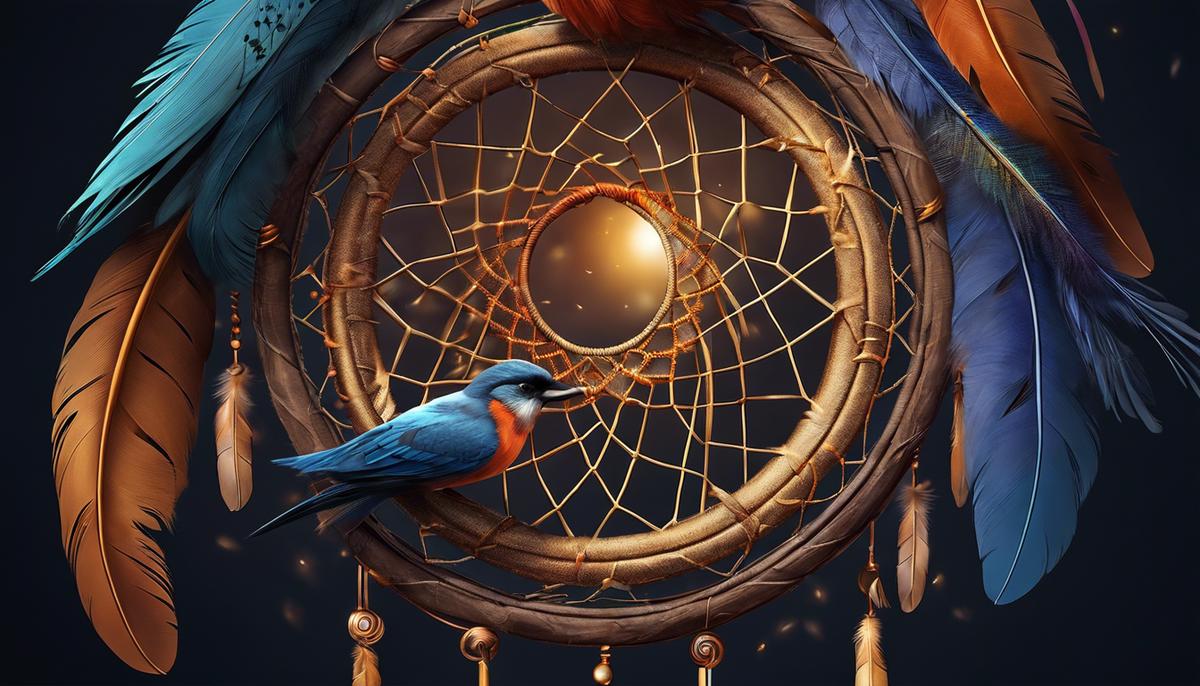
Practical Consequences
Moving on from these complex and comprehensive layers of symbolism in the contours of dream interpretation, let’s delve deeper into the potential psychological implications that recurrent dreams composed predominantly of dead birds may hold for an individual.
Recurring dreams, according to eminent psychologists like Rosalind Cartwright and Robert Van de Castle, are often seen as a reflection of unresolved issues or a persistent state of emotional unrest in an individual’s waking life. When magnified through the prism of dead birds – symbols of desolation or potential transformation, these dreams may paint a picture of a psychological state marked by persistent disappointment, unresolved grief, or a metaphorical death of aspirations – a signal that emphasizes the need for change.
Moreover, dreams involving recurrent features often underscore a lack of closure or an inability to overcome a certain situation. In this context, dreams of dead birds might imply a perceived failure or unmet expectations that continue to linger in the subconscious, manifesting in this rather mournful symbolism. The challenge, anguish, and despair that are often associated with the dreams of dead birds might be signaling an unheeded call for introspection or affecting-needed change.
In dreams, the type and condition of the bird may be equally significant. For instance, the death of a flightless bird such as a penguin or chicken can imply feeling ‘grounded’ or ‘stuck’ in waking life, signaling an unfulfilled aspiration for reaching new heights, or progressing beyond current conditions. Similarly, the species of bird might represent varying elements of one’s life – a sparrow might symbolize the everyday cares, while an eagle might reflect lofty aspirations or leadership qualities. Thus, recurring dreams featuring these specific elements could suggest that these facets of life are undergoing changes, challenges or loss.
Interpretation of dreams featuring dead birds, or any symbolism, in fact, is always subjective and is influenced by an individual’s personal experiences, cultural nuances, and emotional state. Therefore, trying to decipher such complex dreams might not always reveal a universally applicable meaning. Consulting a professional dream analyst or a psychologist can be exceptionally beneficial in such contextual interpretation. These experts use their skills to trace the intricate patterns and links within dreams, helping the dreamer to navigate the symbolism and explore its connections to their waking life.
In conclusion, recurring dreams of dead birds, while inherently disconcerting, should not be viewed with fear or anxiety. Rather, these dreams, with their meaningful symbolism, invite us into a journey of introspection and understanding. They offer a fascinating glimpse into our subconscious world and provide an opportunity to work on unresolved issues or neglected aspects of our life. With the careful guidance of a dream analyst or psychologist, it is possible to garner invaluable insights, stimulate personal growth, and foster explication to perhaps the most complex quandary of all – the human psyche.
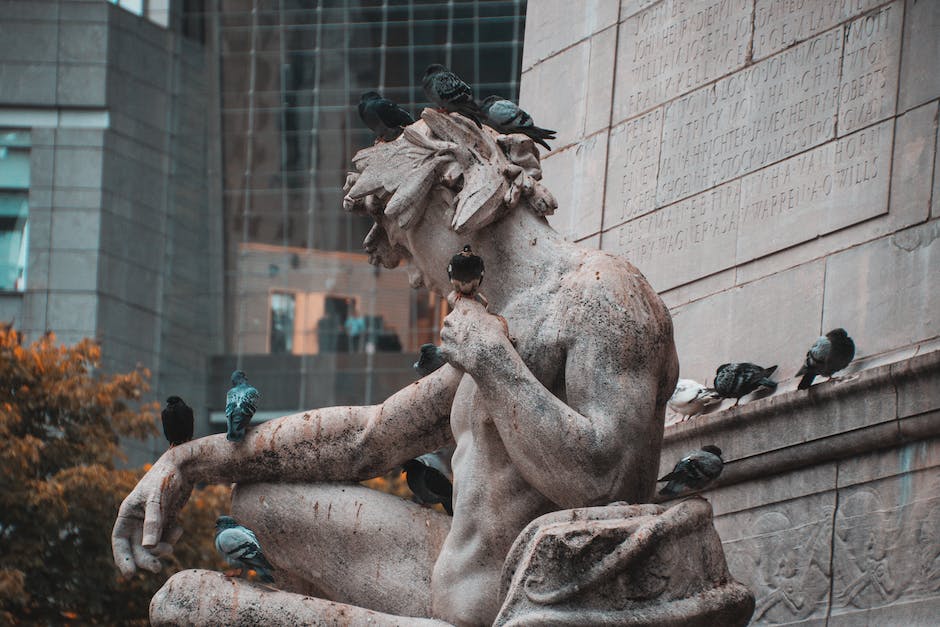
The symbolism of dead birds in dreams, bearing its roots in personal psychology and cultural belief systems, may have tangible impact on our waking life. Whether they echo hidden anxieties or foretell inevitable changes, understanding them better allows for healthier processing of these subconscious messages. Furthermore, the exploration of practical strategies to deal with recurring distressful dream themes allows room for improved mental well-being. Overall, these interpretations represent a fascinating intersection of psychology, spirituality, and everyday life, highlighting the amazing complexity of the human mind and its mysteries.


